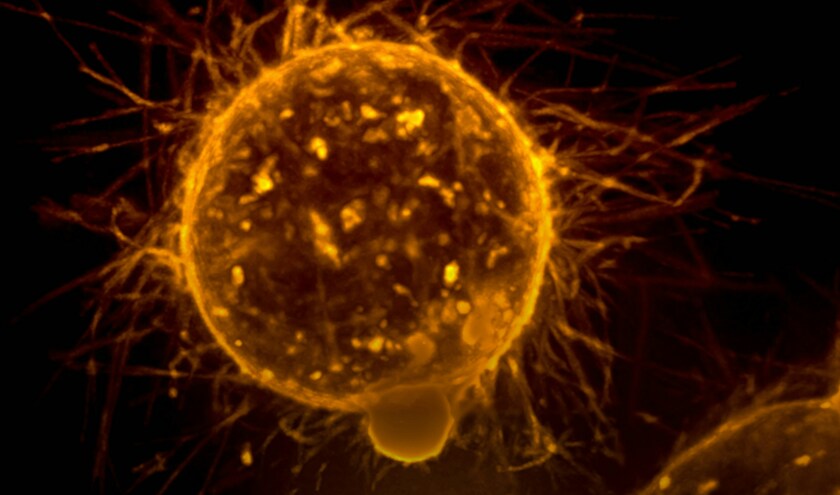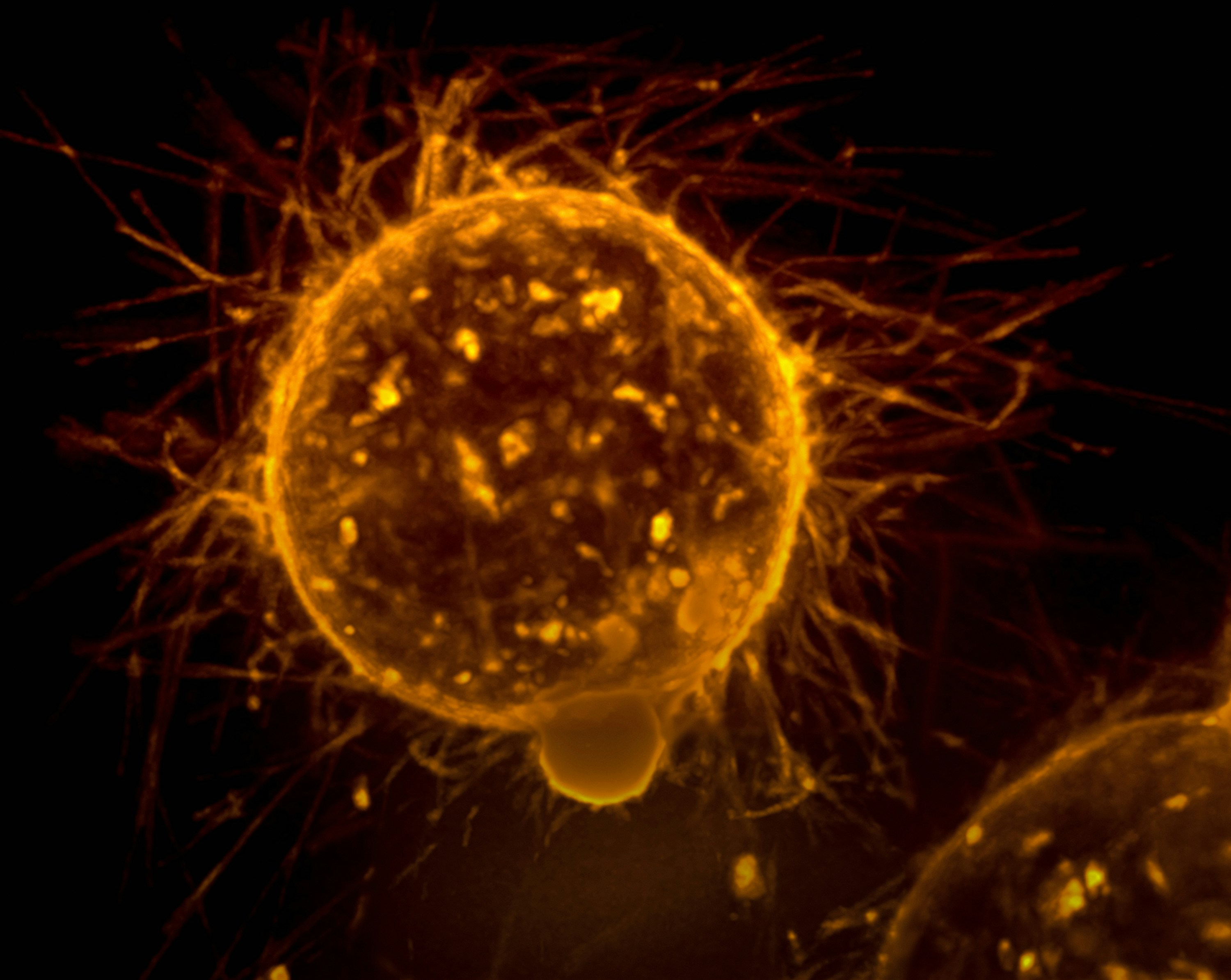Around 1,500 patients a year with multiple myeloma – an incurable cancer of the bone marrow – could now be offered belantamab mafodotin, after it was approved by NICE on 12 June.
Health minister, Karin Smyth, said: ‘This groundbreaking therapy puts the NHS at the forefront of cancer innovation. By harnessing cutting-edge 'trojan horse' technology, we're offering new hope to blood cancer patients across the country.'
The drug will be offered to eligible patients whose cancer has progressed or not responded to first-line treatment with another drug, lenalidomide.
The drugs have been described by researchers as ‘trojan horses' as they are designed to be taken up by the cancer cell, before releasing a high concentration of a lethal molecule to destroy the cell from within.
Trials showed that in a broader group of patients with relapsed or refractory multiple myeloma, belantamab mafodotin (in combination with bortezomib and dexamethasone) delayed progression of the disease by an average of three years, compared to just over a year for patients taking commonly-used drug daratumumab (with bortezomib and dexamethasone).
NHS England is fast-tracking access to the treatment for patients from today, through immediate funding via the Cancer Drugs Fund.
Eligible patients will be treated via an infusion every three weeks in combination with other cancer drugs, bortezomib (injection) and dexamethasone (orally).
Each year, more than 6,000 people are diagnosed with multiple myeloma in the UK, and it is estimated there are around 33,000 people living with the cancer.



